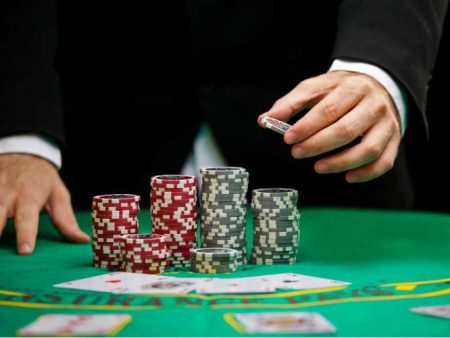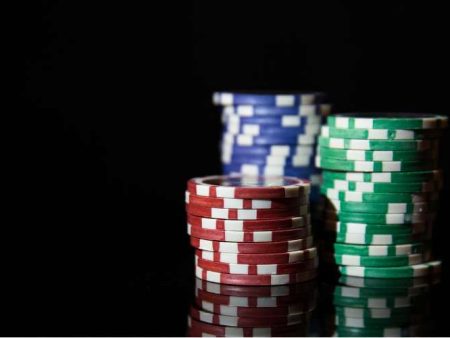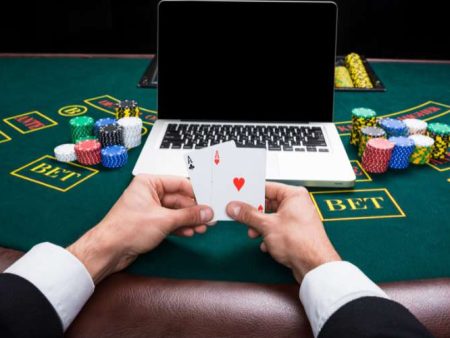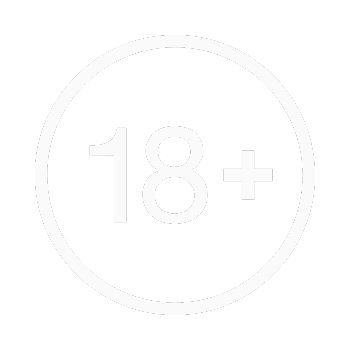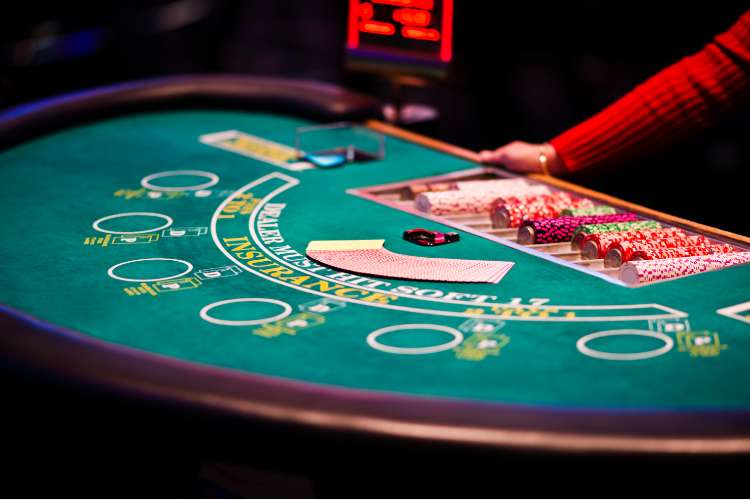
What's on this page
Whether you’re a seasoned card shark or just dipping your toes into the thrilling world of blackjack, understanding the game’s terminology is key to success. Blackjack has been a casino staple for centuries, and its popularity in the UK is undeniable.
From beginner terms like “Hit” to advanced concepts like the house edge in blackjack games, learning this lingo can give you a competitive edge. Let’s dive into this comprehensive guide to help you master the language of blackjack and boost your confidence at the table!
Basic Blackjack Terms
Let’s start with the fundamentals—these are the terms every blackjack player needs to know:
- Hit: Requesting another card to increase your hand total.
- Stand: Choosing not to take more cards and sticking with your current hand.
- Bust: Exceeding a total of 21, resulting in an automatic loss.
- Blackjack: A perfect hand consisting of an Ace and any 10-value card (10, Jack, Queen, or King).
Here’s a quick reference table:
| Term | Definition |
| Hit | Request an additional card |
| Stand | Keep your current hand |
| Bust | Exceed 21, automatic loss |
| Blackjack | Ace + 10-value card |
| Push | A tie between player and dealer |
These basics are the foundation of your blackjack vocabulary. Master them, and you’re off to a great start!
Advanced Blackjack Terms
Once you’re comfortable with the basics, it’s time to level up. These advanced terms can give you a deeper understanding of the game:
- Double Down: Doubling your initial bet and receiving one final card.
- Split: Dividing a pair into two separate hands, doubling your bet.
- Surrender: Forfeiting half your bet to end the round early, often to avoid a probable loss.
- Soft Hand: A hand with an Ace that can count as 1 or 11 without busting.
- Hard Hand: A hand without an Ace, or where the Ace must count as 1 to avoid exceeding 21.
- Insurance: A side bet against the dealer having blackjack when their upcard is an Ace.
Here’s an example: If you’re dealt a pair of 8s, splitting your hand can improve your odds of winning rather than sticking with a total of 16—a notoriously weak hand.
Dealer and Table-Specific Terms
Understanding the role of the blackjack dealer and the setup of the table can further enhance your gameplay:
- Shoe: A device holding multiple decks of cards, making dealing smoother and faster.
- House Edge: The built-in advantage the casino has over players. In blackjack, this can be minimized by using the right strategies.
- Upcard: The dealer’s visible card, critical for assessing your next move.
- Hole Card: The dealer’s face-down card revealed at the end of a round.
- Burn Card: The first card removed from the deck before play begins to ensure fairness.
In the UK, you’ll encounter a variety of table setups, each with unique betting limits. Knowing the house edge in blackjack games at different tables can help you choose the most favorable conditions.
Card Counting and Strategy Terms
For those seeking an edge, card counting and strategic play introduce another layer of complexity:
- Running Count: Keeping a tally of high and low cards as they’re dealt.
- True Count: Adjusting the running count based on the number of decks remaining in the shoe.
- Basic Strategy: A mathematically optimal guide for deciding when to hit, stand, double down, or split.
- Deviation: Adjusting your play based on specific conditions, such as a high true count.
- Heat: Attention from casino staff due to suspected card counting.
Here’s a simple tip: Use a basic strategy chart to maximize your odds. Many online resources provide printable versions, making it easy to practice and refer to during play.
Variants of Blackjack and Their Unique Terms
Blackjack comes in many forms, each with slight variations in rules and terminology. Let’s explore some different types of blackjack:
- European Blackjack: The dealer only receives one card initially and doesn’t draw a second until players complete their hands.
- Pontoon: A popular UK variant with different terms—“Stick” means stand, and “Twist” means hit.
- Spanish 21: Played without 10s in the deck, but offering unique bonuses for certain hands.
Each variant has its quirks, so it’s important to familiarize yourself with the rules and strategies specific to the version you’re playing.
Online Blackjack Terms
With the rise of online casinos, new terminology has emerged:
- RNG (Random Number Generator): The technology that ensures fairness by generating random card outcomes in digital games.
- Live Dealer Blackjack: Online blackjack with a real blackjack dealer streamed via video, combining the convenience of online play with the authenticity of a casino experience.
- Bet Behind: A feature allowing players to wager on another player’s hand while waiting for a seat at the table.
- Side Bets: Optional wagers like Perfect Pairs or 21+3, offering additional ways to win.
Online blackjack opens up exciting opportunities to play from anywhere, but understanding these terms is crucial to making the most of the experience.
Common Slang and Player Lingo
Blackjack players have developed their own colorful slang over the years:
- Snapper: Slang for a blackjack hand.
- Monkey: A 10-value card, often shouted enthusiastically when a 10 is needed.
- Paint: Refers to face cards (Kings, Queens, Jacks).
- Stiff Hand: A hand with a high likelihood of busting, typically between 12 and 16.
- Anchor: The last player to act before the dealer, also called “Third Base.”
Using these terms adds a fun, social element to the game and helps you feel like a seasoned pro at the table.
Tips for Learning and Using Blackjack Terminology
Here are some practical ways to master blackjack lingo:
- Practice Online: Many online casinos offer free blackjack games, giving you a low-pressure environment to learn.
- Watch Live Games: Observe how experienced players and dealers communicate during a game.
- Join Forums or Communities: Engage with other players to discuss strategies and clarify any confusing terms.
The more you practice and immerse yourself in the game, the more natural the terminology will feel.
Conclusion
Mastering blackjack terminology is a crucial step toward becoming a confident and successful player. Whether it’s understanding basic terms like “Hit” and “Stand” or diving into advanced concepts like double down and house edge in blackjack games, knowing the language of the game empowers you to make smarter decisions.
Ready to put your knowledge into action? Choose your favorite version of blackjack, grab a seat at the table, and let the cards fall where they may. Just remember: play responsibly and enjoy the journey—because in blackjack, every hand is an opportunity to learn and have fun!
